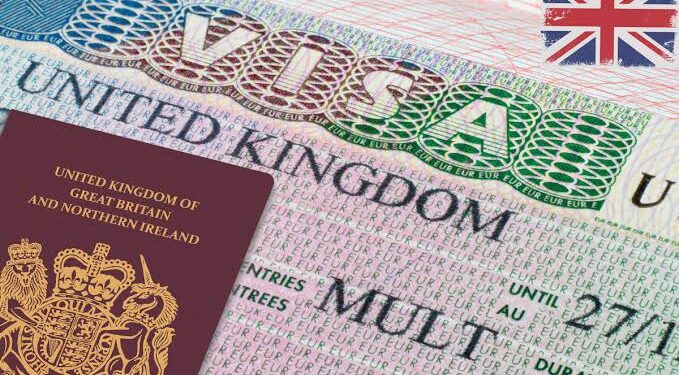The United Kingdom has reduced the post-study work period for international students — including Nigerians — from two years to 18 months, effective January 2027.
The policy change was announced by the UK Home Secretary, Shabana Mahmood, on October 14, 2025, as part of the government’s broader immigration reform agenda.
According to a statement published on the UK Government’s official website, the adjustment forms part of the “Plan for Change” under the government’s flagship immigration white paper, which aims to tighten immigration control while maintaining the country’s ability to attract global talent.
> “The time for international students to find a graduate-level job after completing their studies will be cut to 18 months from the current two years,” the statement read.
It added that the Immigration Skills Charge (ISC)—a fee paid by employers who sponsor skilled foreign workers—will be increased by 32%. The revenue generated will be reinvested into training and upskilling British workers to reduce dependence on overseas recruitment.
> “The ISC increase, the first since 2017, will be used to boost investment in British workers and reduce reliance on foreign labour. Data shows that many graduates on the post-study route have not transitioned into graduate-level employment as intended,” the statement added.
Stricter Immigration Rules Ahead
Alongside the shortened post-study work period, the UK government is introducing stricter English language requirements for students and workers. Prospective immigrants will now be required to meet A-level standards of English proficiency before being granted entry or settlement rights.
The new policy follows a series of measures introduced since January 2024, including a ban on foreign students—except postgraduate researchers and government-sponsored scholars—from bringing dependants to the UK.
In addition, tuition fees for undergraduate students in the 2025/2026 academic session have risen by 3.1%, from £9,250 to £9,535, further increasing the financial burden on international students.
The UK Home Office explained that the new regulations are intended to ensure that international education remains sustainable and aligned with the country’s labour market needs.
Decline in Foreign Student Enrolment
Recent data suggests a decline in international student applications to UK universities in 2024, following earlier visa restrictions. Analysts have linked this trend to the rising cost of studying abroad and tightening immigration policies.
Despite the reforms, the UK government maintains that the changes are designed to preserve the integrity of its education system and immigration framework while continuing to welcome “the brightest and best” from around the world.



















































































 EduTimes Africa, a product of Education Times Africa, is a magazine publication that aims to lend its support to close the yawning gap in Africa's educational development.
EduTimes Africa, a product of Education Times Africa, is a magazine publication that aims to lend its support to close the yawning gap in Africa's educational development.